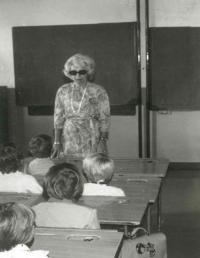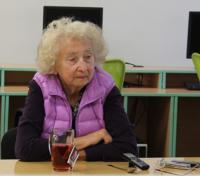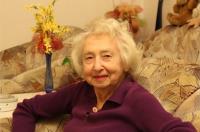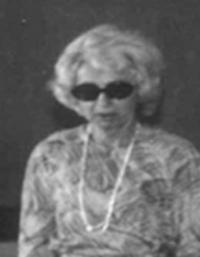Truth is a relative notion
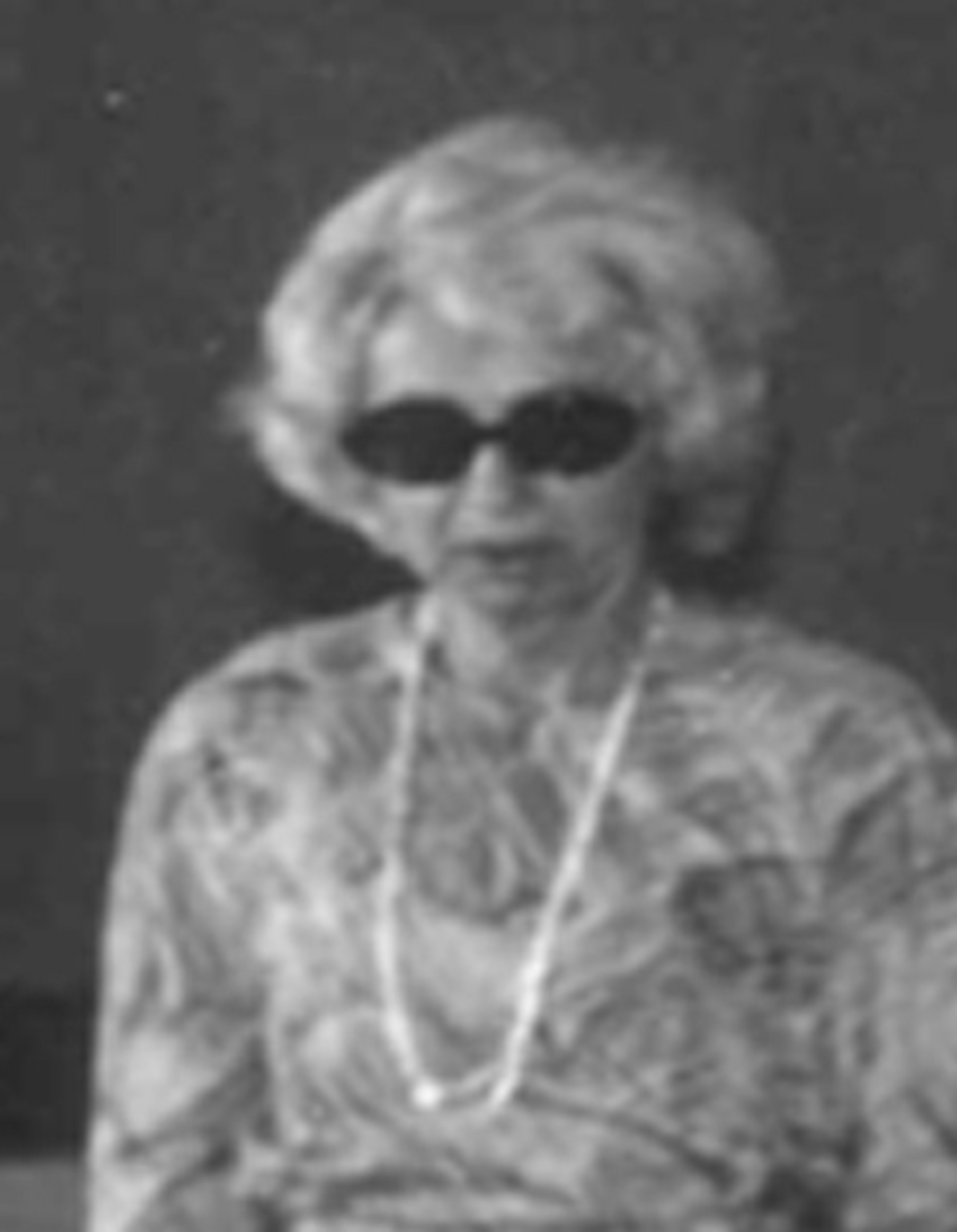
Download image
Klára Blažejová was born on 4th October 1924. She spent her childhood in the Dejvice quarter in Prague. She was the only child from a so-called bourgeois family. Her father was an engineer and her mother a lawyer. Since her parents were very wealthy, she could dedicate her time to sports since a young age. She took up figure skating and later taught skating as well. She went to school on Prague’s Vítězné náměstí from 1930. She lived in the capital until the World War II broke out, after which she moved to Kladno to go to high school. After the village of Lidice was burned down on 10th June 1942 the Lidice women and children allegedly lived on the high school’s premises. Following her graduation she was forcibly deployed to a munitions factory Týnec nad Sázavou. After the war Klára studied pedagogy and after many years of teaching in the Ústí nad Labem area she helps children in Chomutov with learning to this day.
